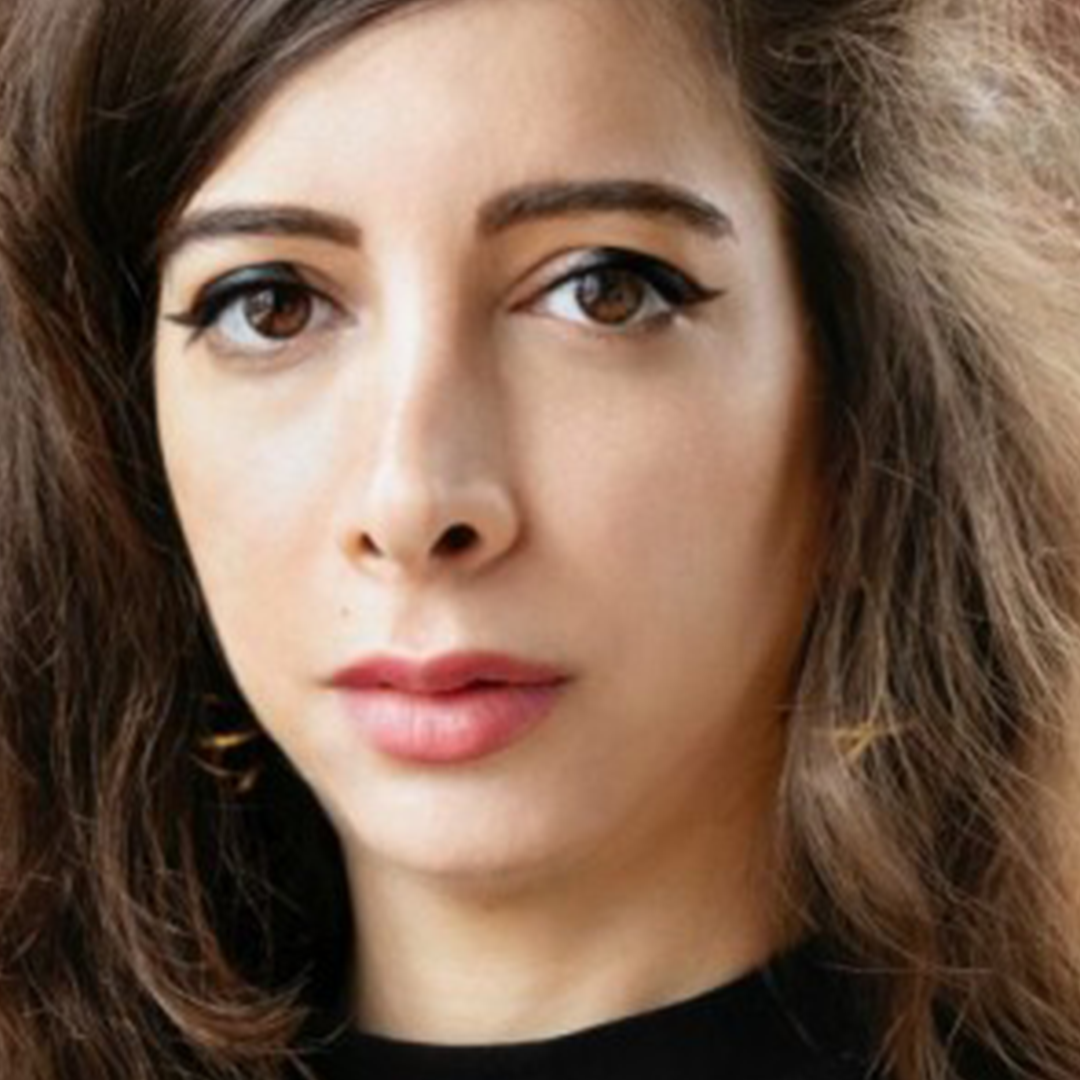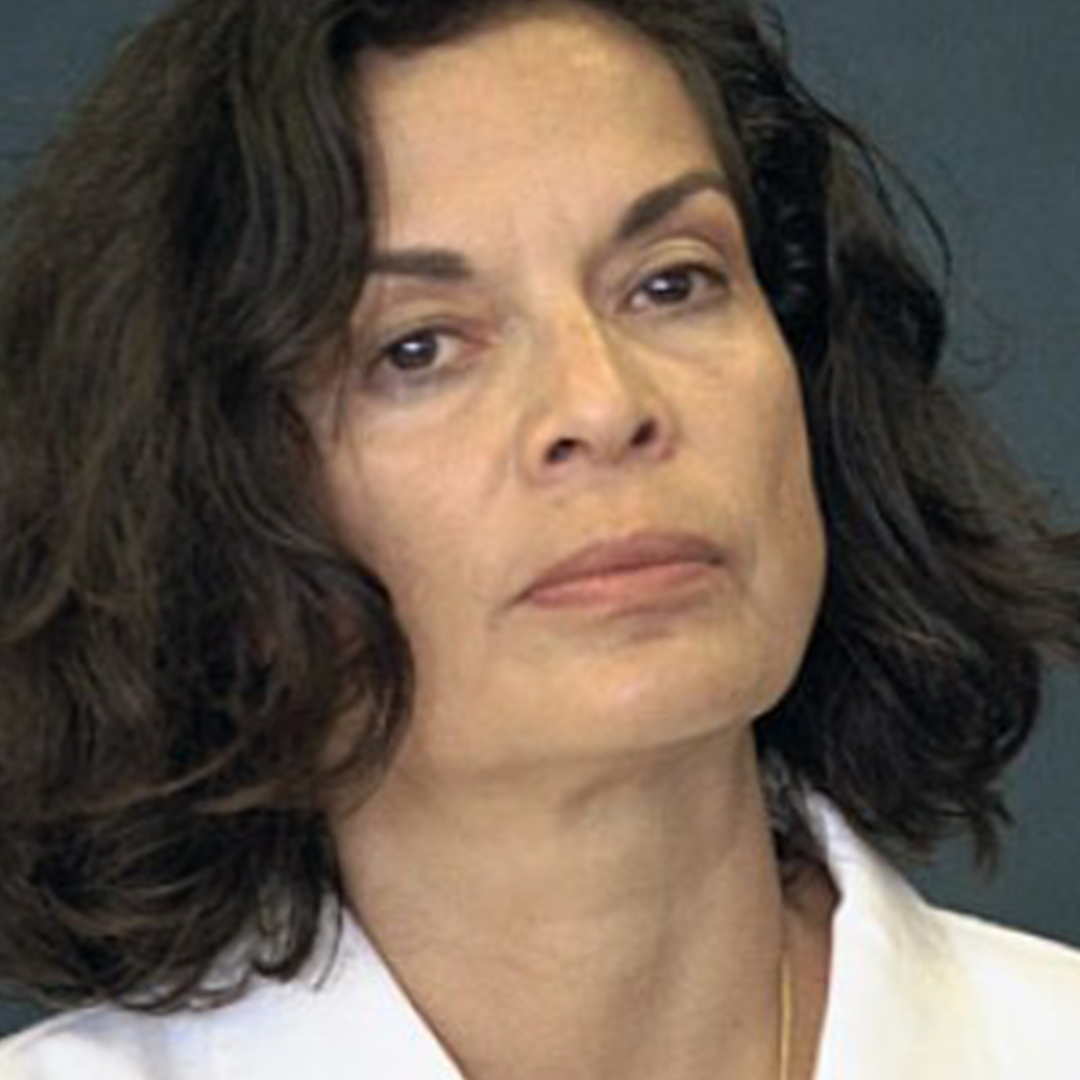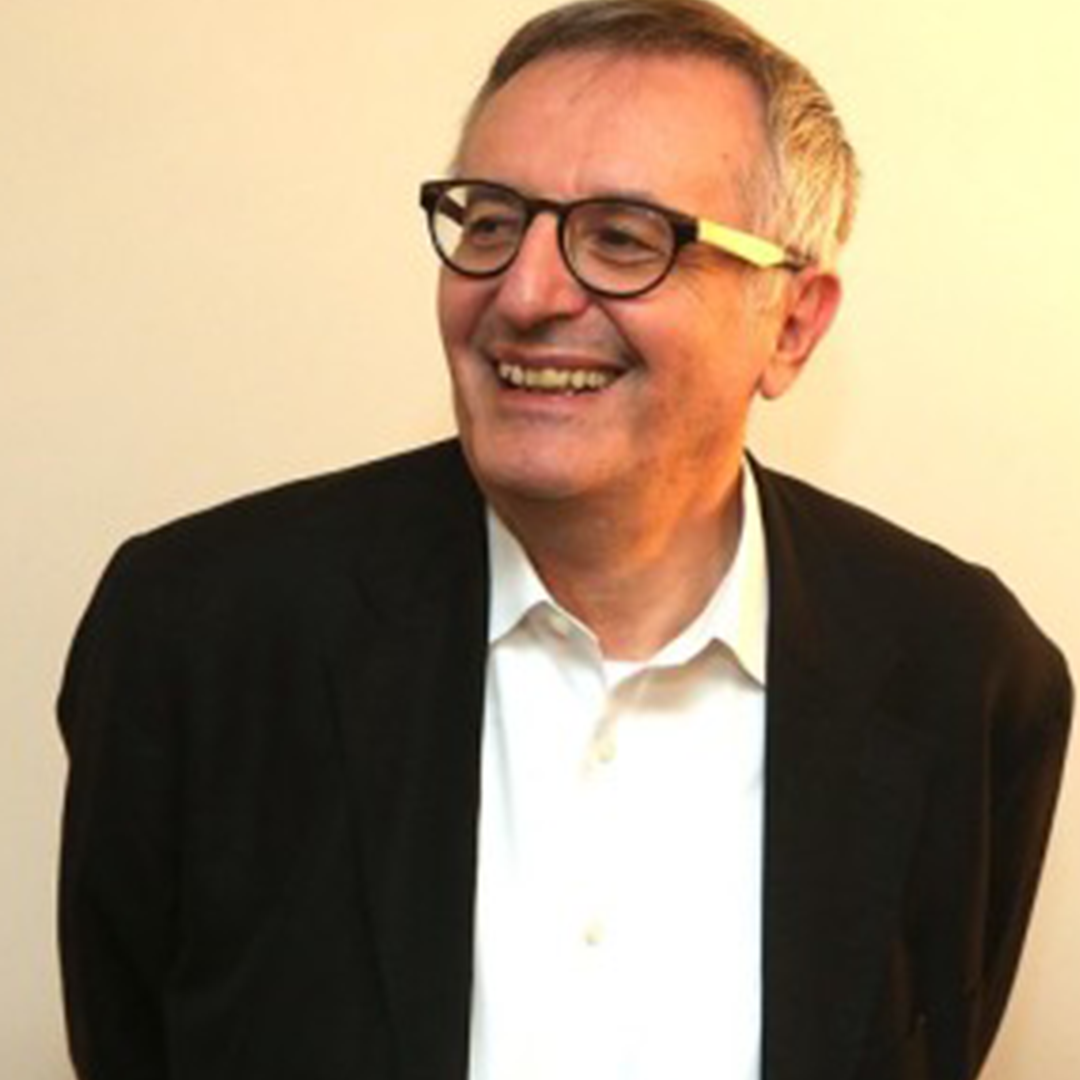Index relies entirely on the support of donors and readers to do its work.
Help us keep amplifying censored voices today.
[vc_row][vc_column][vc_single_image image=”116296″ img_size=”full” add_caption=”yes”][vc_column_text]On 4 February, the Lebanese activist, political commentator and publisher Lokman Slim was shot dead in his car.
Before his murder, Slim already suspected that his days were numbered and told family members that should anything happen to him, the Shia militant group Hezbollah – of which he had been an outspoken critic – would likely be behind it.
“For the first time in years, after verbal and many physical attacks on people who oppose the politics of Hezbollah, a well-known personality [Slim] was assassinated in their areas with many leads that allow many to boldly question their involvement in his murder,” said Lebanese journalist Luna Safwan.
Safwan said that his assassination followed years of threats and attempts to drive him away from his house which is located inside the Hezbollah stronghold in Dahiye.
“[There were] continuous campaigns against him, trying to somehow shape his view as a sympathiser with violence against Hezbollah supporters or the Shia community in Lebanon,” she said. “The way I see it, the aim was not only to assassinate him physically, but to also tarnish his reputation even after his death.”
Safwan herself has also been targeted. She tweeted criticism of Hezbollah in October and received a high volume of online abuse, including several death threats, after the tweet was featured on an Israeli news channel.
Safwan believes attacks on journalists and other critics of Hezbollah have increased in recent years.
“Journalists, activists and even protestors and people from inside the Shia community have started questioning Hezbollah’s politics in the region, and how much Hezbollah is prioritising Lebanon.”
Last December, the family of Maryam Seif Eddine, a strong critic of Hezbollah, was attacked and issued with death threats.
The same month, Sawt Beirut International reporter Rabih Chantaf and cameraman Mahmoud Al-Sayyed were attacked while covering a fire in the Lebanese capital.
Arab News reported that as the pair were filming firemen attending the blaze, they were approached by people in plain clothes and forcibly stopped from filming. They were beaten as they fled down the building’s stairs. Sawt Beirut blamed the incident on Hezbollah.
In January, Layal Alekthiar, a journalist for US-backed Alhurra News channel, was threatened after a Twitter post that questioned the unveiling of a statue to the late Iranian general Qasem Soleimani, killed by US forces last year. Iran is a backer of Hezbollah.
Another journalist working in Lebanon – who wished to remain anonymous due to the current attitude towards reporters – told Index that journalists in the country “all feel at risk”.
“The assassination of Slim was a reminder of that,” they said.
Journalists are increasingly self-censoring as a result.
The journalist said, “I have been covering [Lebanon’s] economic crisis, so I don’t feel personally at risk, even though I noticed that my sources are getting increasingly scared,” they said. “If I were to be given a topic related to Hezbollah I would be extra careful. You just have to see the number of threats my colleagues receive when they express an anti-Hezbollah opinion on social media.”
Independent Lebanese journalist Zahra Hankir, who wrote in the winter issue of Index on Censorship magazine and is based between London and Lebanon, said reporters are reeling from recent events and are “galvanised” by the state in which Lebanon finds itself in, particularly following the deadly explosion in August that killed more than 200 people and injured thousands.
“Despite Lebanon being hailed for decades as more free for journalists than its regional counterparts, reporters, political analysts and commentators in the country are increasingly facing threats and harassment in their work, particularly women,” she said.
“Lebanon’s media landscape has always had ‘red lines’ that journalists inherently understood could not be crossed without reprisals – among them, criticism of Hezbollah.”
“Reporters and commentators have been galvanized by recent events, given the dire state of the country, and as such have often been more brazen in their reporting. In some cases, they have paid dearly for their bravery.”
The explosion exposed, among other things, wide-scale corruption in the country. But the lack of accountability in Lebanon means people are still at risk and not just from Hezbollah.
With Hezbollah increasingly criticised for its position in Lebanon and the government unwilling to truly crack down on corruptive practices, journalists are constantly looking over their shoulders.
Safwan said: “Laws in Lebanon have flaws and don’t offer any real protection to journalists, especially when we are subjected to online hate campaigns. There should be a clear process that allows us to immediately pursue legal action even if against ‘unknown entities’.
She said, “In my opinion the ministry of information and syndicate of journalism are not paying attention to what journalists really need.”
Additional reporting by Mark Frary[/vc_column_text][/vc_column][/vc_row][vc_row][vc_column][three_column_post title=”You may also like to read” category_id=”581″][/vc_column][/vc_row]
FEATURING

Journalist

Campaigner

Philosopher
A play about censorship in Lebanon has unexpectedly been approved by the country’s Censorship Bureau — the body featuring heavily in the work.
La 3younak Sidna is the latest play by renowned Lebanese playwright and director Lucien Bourjeily and free expression organisation MARCH. Last year, his play Bto2ta3 aw ma Bto2ta3 (Will It Pass Or Not?), which deals with the restriction of free expression at the hands of the bureau, was banned. The new play tells this story and includes large parts of the script of the original piece. On Thursday, it was announced that it has been given the green light by authorities.
“After a long battle with the censorship authorities, we are excited to announce that the sequel of the censored play “Bto2ta3 aw ma Bto2ta3”, “La 3younak Sidna” produced by MARCH and directed by Lucien Bourjeily was approved by General Security!” read a Facebook statement from MARCH, which is producing the play.
“Here’s to hoping this is the first of many victories in the anti-censorship struggle in Lebanon, and that the General Security’s Censorship Bureau continues with this open-minded approach to the issue of freedom of expression,” the group added.
The ordeal surrounding Will It Pass Or Not saw Bourjeily nominated for an Index on Censorship Freedom of Expression Award in 2014. An extract from the play was published in last year’s winter edition of Index on Censorship magazine.
In May, he again ran into trouble with the General Security Directorate, the agency under which the Censorship Bureau operates. When trying to renew his passport ahead of a trip to London, it was confiscated with the message “You know what you did”. It was returned following huge media attention and an intervention by Interior Minister Nouhad Machnouk.
Bourjeily yesterday posted a jubilant statement through his Facebook profile: “This resounding Public Pressure success proves one thing: is that many times in Lebanon we’ve given up on our homeland just moments before we reach a better country… just moments before we succeed in breaking the chains of oppression and corruption… this time we won’t & we shouldn’t!! … THANK YOU… each & everyone of you for standing up against censorship & supporting freedom of speech! One small strategic battle WON: hopefully many others will follow!!”
Nominations for the 2015 Index on Censorship Freedom of Expression Awards are open. Nominate your free expression heroes.
This article was originally posted on 17 October 2014 at indexoncensorship.org
Lucien Bourjeily is smiling, and with good reason. Only two days earlier, the dark blue Lebanese passport he is holding up had been confiscated by the country’s intelligence agency, with no clear information of when he might get it back. The explanation given? “You know what you did.”
Speaking to Index on Censorship from Beirut, it’s clear that Bourjeily does know. This was not his first run-in with Lebanon’s General Security Directorate. The well-known writer saw his recent play about censorship in Lebanon banned by the agency, which counts media censorship among its many roles. His play was “unrealistic”, the censors told Bourjeily, the irony of the situation lost on them.
The experience earned him a nomination for this year’s Index awards. While he couldn’t attend the awards ceremony in London, he will be travelling to the UK in June to take part in the LIFT Festival with his latest production Vanishing State, which deals with redrawing borders in the Middle East. It was his attempt to renew his passport for this trip — another area under the jurisdiction of the directorate — that led to his latest ordeal.
Bourjeily is convinced the confiscation had been agreed on beforehand. Everyone he dealt with from the general security that day were saying the same thing, despite being in different rooms. “That’s how you know the decision had already been taken.”
A public figure in Lebanon, Bourjeily’s case drew huge media attention. People across the country rallied behind him, and lawyers offered to represent him for free. “I feel very lucky to have so much support, and that my case got so much favour in the public opinion,” he says.
He believes his latest case especially strikes a chord with his countrymen and women. “Every Lebanese loves their passport,” he says. “Freedom of movement for them is even more important than any other thing. Freedom of speech and now freedom of movement? This is too much!”
But he is not the only person to experience this. In 2010, general security confiscated the British passport of Nizar Saghieh, a dual British and Lebanese citizen. Prior to this, Saghieh had represented four Iraqis who were suing the Lebanese state over illegal detention by general security. He only got the passport back following direct intervention by then-Interior Minister Ziyad Baroud. Similarly, current Interior Minister Nouhad Machnouk stepped in on Bourjeily’s behalf, personally calling the director of the general security to demand the return of the passport.
He finally got it back on 23 May, with the message that the whole thing had been “a mistake”, and there would be an internal investigation. Bourjeily is not allowed to see the results of the investigation. He asked for justification on behalf of the Lebanese people, wondering whether the agency weren’t at least going to tell the public what they’d told him — that it had been a mistake. Again, he was told no.
Bourjeily says he will add this experience to the sequel of his banned play. He has also met with Saghieh, who heard about his case in the media, and they “discussed ways to collaborate together”. He has no doubt that this, all things considered, happy ending was down to public pressure. Others might not be as lucky.
“[What] if it [was] not me? If it’s not a person who has 30,000 followers on Facebook? If it was just any regular Joe in Lebanon? What would happen to them if they confiscated their passport?”
This article was posted on May 29 2014 at indexoncensorship.org